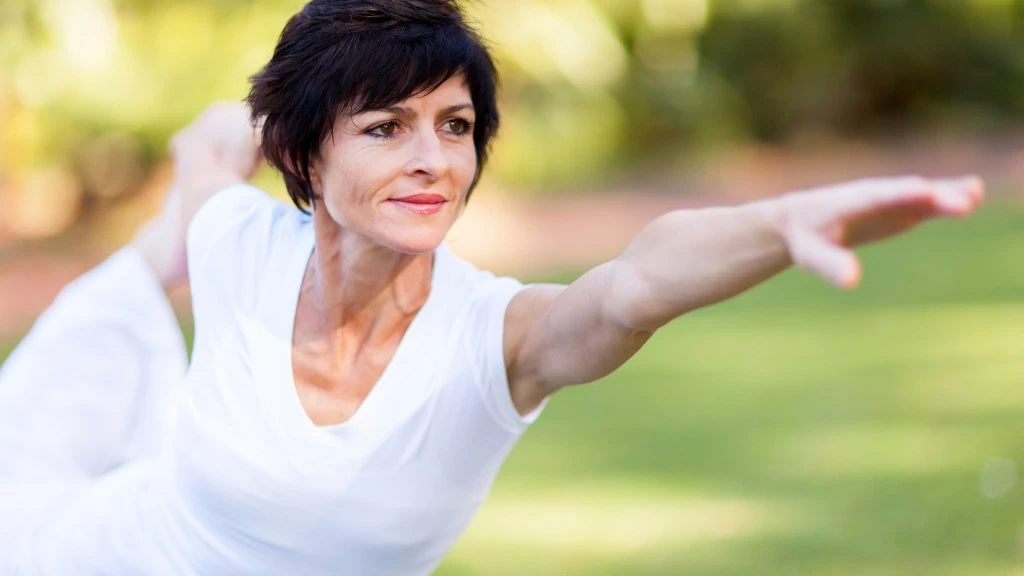Losing Height Could Put You at Higher Risk for Fractures

By the time most people reach middle age, a curious phenomenon will happen: They start growing down! Yes, most people slowly lose height as they get older. For many, by the time they reach their mid-50’s, they might have lost about .5 to 1 inch in of height, in some cases, even more.
Losing height is more than a curious phenomenon, however. Height loss signals a gradual loss of the structural health and balance of the body, and it has several health implications. By the time a person reaches their 70’s, they may lose as much as 2 to 3 inches of height. Numerous studies have shown that those elderly who lose the most height, also are more likely to die earlier.
Excessive height loss of more than 2 inches also puts you at higher risk for fractures. One study found that older women who had lost more than 2 inches of height had a nearly 50 percent increased risk of hip fracture or nonspine fracture, irrespective of whether they had low bone mass density or not. This effect was also independent of vertebral fractures, meaning that the height loss was not caused because of osteoporotic fractures of the spine.
“In addition to increased age, low bone density, and history of vertebral fracture,” notes Teresa Hillier and other study authors, “height loss of over 5 cm should alert . . . clinicians that this patient may be at particularly high risk for future fracture, and even earlier mortality.”
While little research has been done on how to improve height, at least one study indicates that yoga may help slow or reverse height loss in older people with hyperkyphosis, that is, a severe slumping of the upper part of the spine. The study found that study participants perfoming a yoga practice to improve posture improved on two measurements of hyperkyphosis, and also had a small increase in height of about 0.3 cm.
“Future studies testing whether exercise that includes spinal strengthening and flexibility could also help maintain height and improve health among any older woman identified with height loss are appealing.” notes Hillier and colleagues in their study. “As we await such studies, recommending exercise to increase strength, flexibility, and balance among women identified with height loss is unlikely to cause harm and has the potential for other benefits, including fall prevention in these women at higher risk of fracture.”



